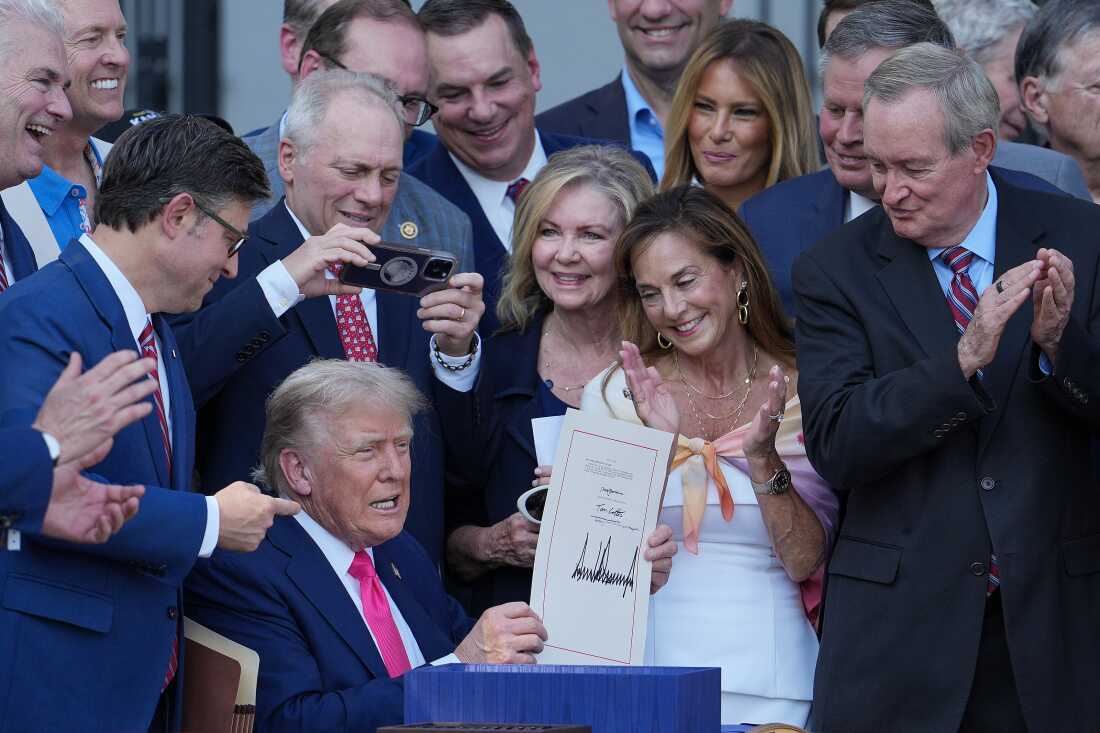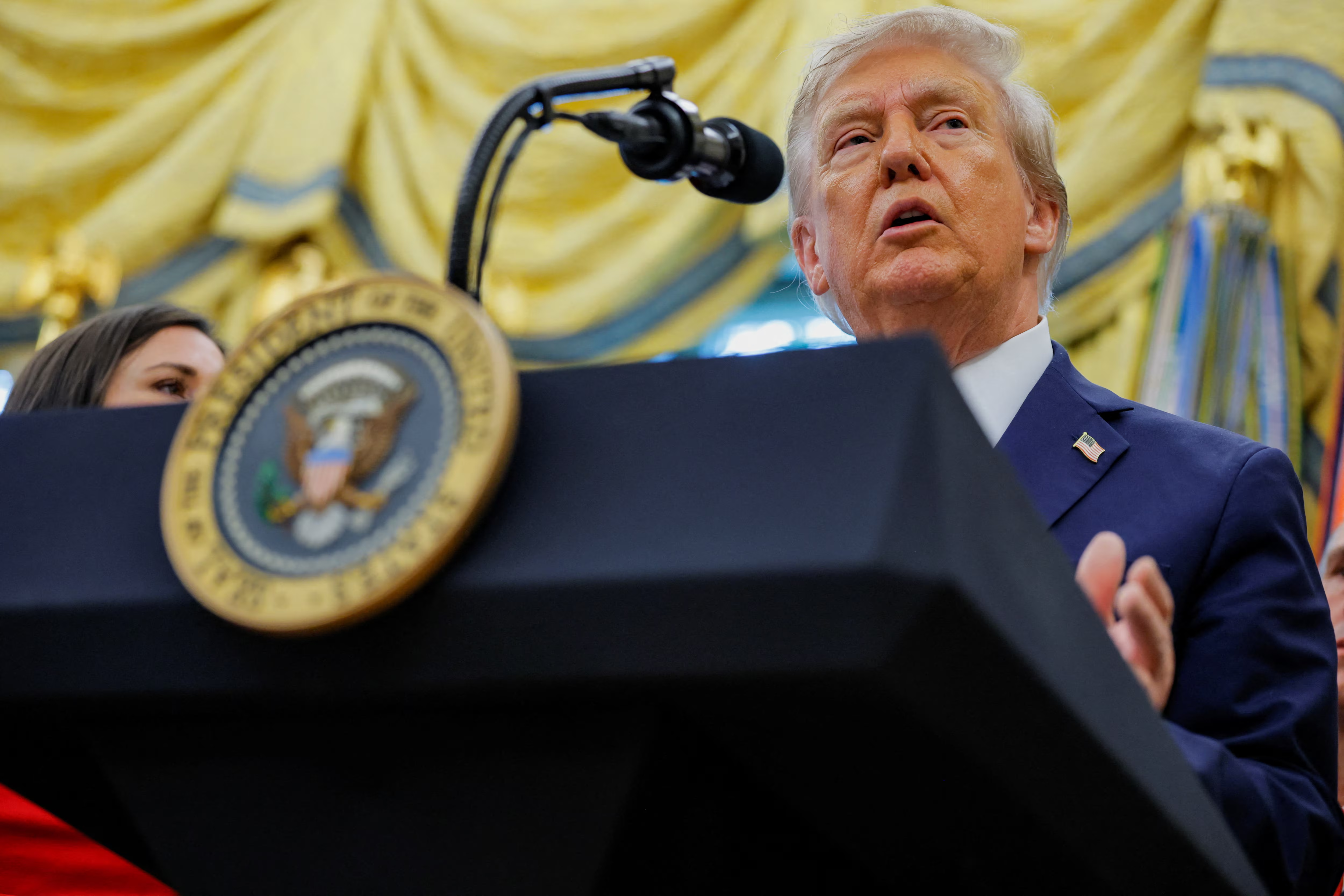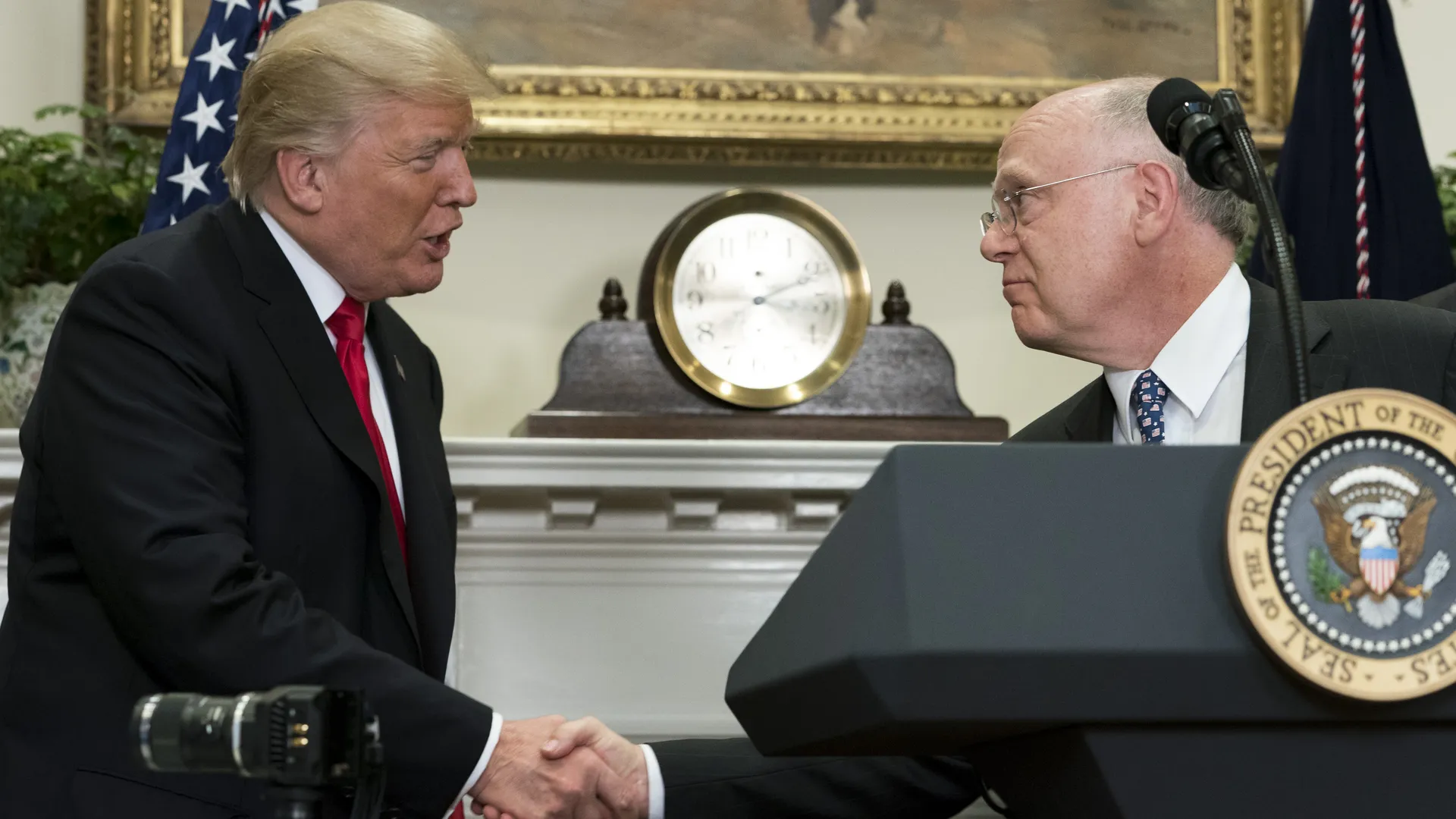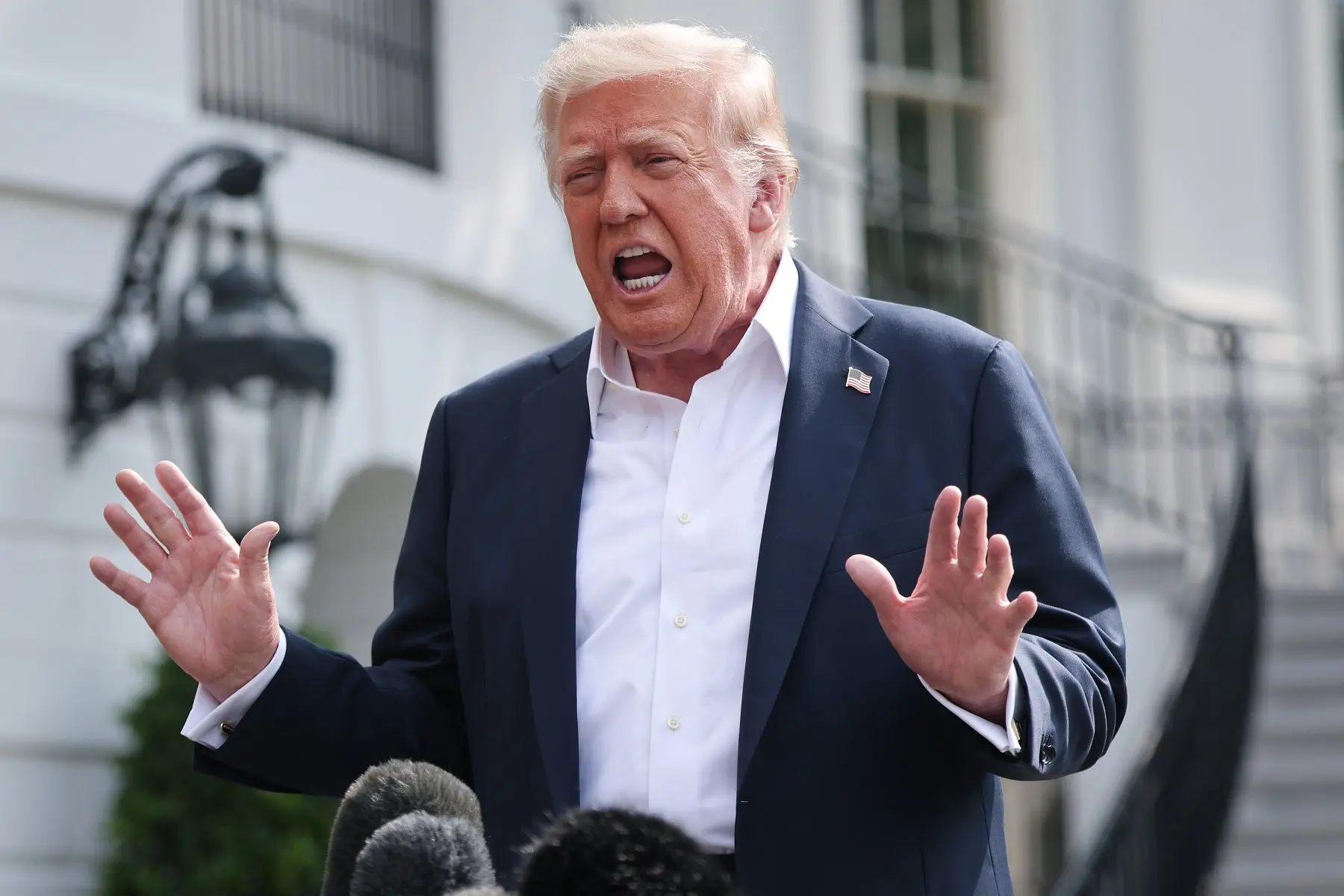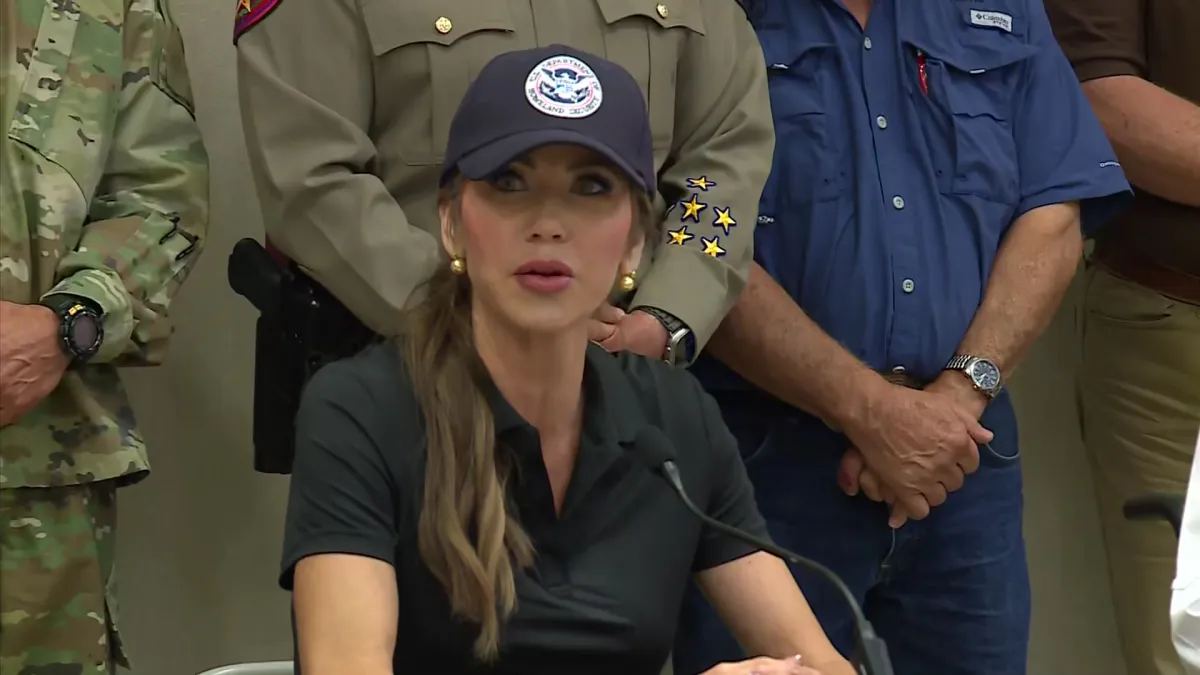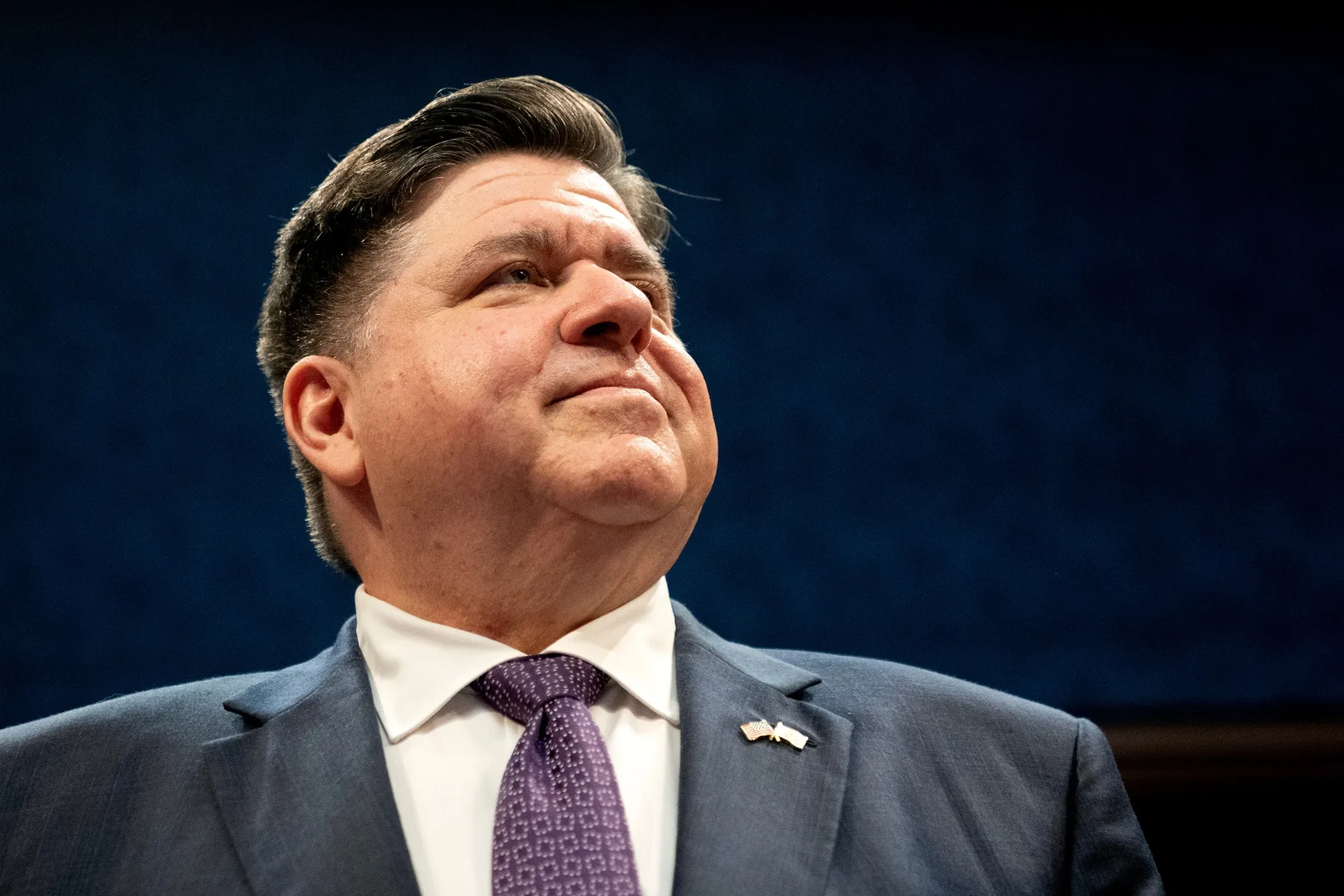
CHICAGO, IL — Illinois Gov. J.B. Pritzker escalated tensions with President Donald Trump this week, describing the administration’s rumored plan to deploy troops to Chicago as nothing less than an “invasion” — a term Pritzker clarified still applies even when the soldiers, the city, and the president all share the same citizenship.
“It’s clear that, in secret, they’re planning this,” Pritzker told CBS News. “Well, it’s an invasion with U.S. troops, if they, in fact, do that.” The governor’s comment immediately clarified a constitutional gray area most Americans assumed was self-explanatory: that when a president points the military at his own country, the rest of us are supposed to feel invaded.
The idea, reported by The Washington Post, would see thousands of National Guard members deployed to Chicago under the banner of fighting crime. Trump has already staged similar shows of force in Los Angeles and Washington, D.C., describing them as successful crackdowns, though local residents mostly described them as a power grab.
Last week, Trump labeled Chicago a “mess” and promised to “straighten that one out probably next.” To the untrained ear, the remark sounded like the sort of casual aside one might make about a junk drawer. To sane Americans, it sounded more like a formal declaration of domestic war.
Pritzker, who has accused Trump of plotting to undermine elections, didn’t mince words. “He has other aims, other than fighting crime,” the governor said, suggesting the true goal may involve postponing or hijacking elections. For comparison, Pritzker noted his own experience founding a Holocaust museum, a credential that apparently now doubles as a prerequisite for holding office in states targeted by military “help.”
Trump’s allies dismissed the charge. White House spokeswoman Abigail Jackson issued a statement accusing Pritzker of “trying to be a Resistance Lib hero” and mocked Chicago’s violent crime rate. “It’s amazing the lengths this slob will go to in order to deflect from the terrible crime crisis that has been plaguing Chicago for years,” Jackson said, implying that the only thing standing between the city and safety is several thousand militants with war weapons.
Trump, posting on Truth Social, took it further. “Pritzker is a weak and pathetic Governor,” he wrote. “He just said that he doesn’t need help in preventing CRIME. He is CRAZY!!! He better straighten it out, FAST, or we’re coming!” Observers noted the language carried all the nuance of a 1980s mob shakedown, except the muscle in question was the National Guard.
Legal experts remain divided over whether Trump could legally override Pritzker. Governors usually control their own Guard units, unless the president invokes a federal statute that allows mobilization during “rebellions” or when laws cannot otherwise be enforced. Courts previously upheld Trump’s surprise deployment of California’s National Guard to Los Angeles in June, a case in which the definition of “rebellion” was stretched to include “rowdy protests that embarrassed the president.”
The Illinois governor, however, insisted he would resist any military incursion into Chicago, comparing the strategy to the early playbook of authoritarian regimes. “Thwart the media, create mayhem, declare the military necessary. That’s the model,” Pritzker said, pointedly noting that Trump was “just following that playbook.”
For Chicago residents, the looming question is less about law and order than about basic optics: at what point does “fighting crime” look indistinguishable from staging a coup?
National Guard deployments have historically inflamed tensions, particularly in cities with deep mistrust of law enforcement. Local officials warn that substituting soldiers for community programs rarely reduces violence, though it does provide excellent campaign footage of a president bravely standing in front of tanks.
As Pritzker put it: “Now, he may disagree with a state that didn’t vote for him. But should he be sending troops in? No.”
For now, Chicago awaits confirmation on whether it will be the latest American city to experience the paradox of being defended from itself. If so, the entire episode may go down as the most American invasion in American history — one carried out not across borders but across neighborhoods, with the invader and the invaded both pledging allegiance to the same flag.
